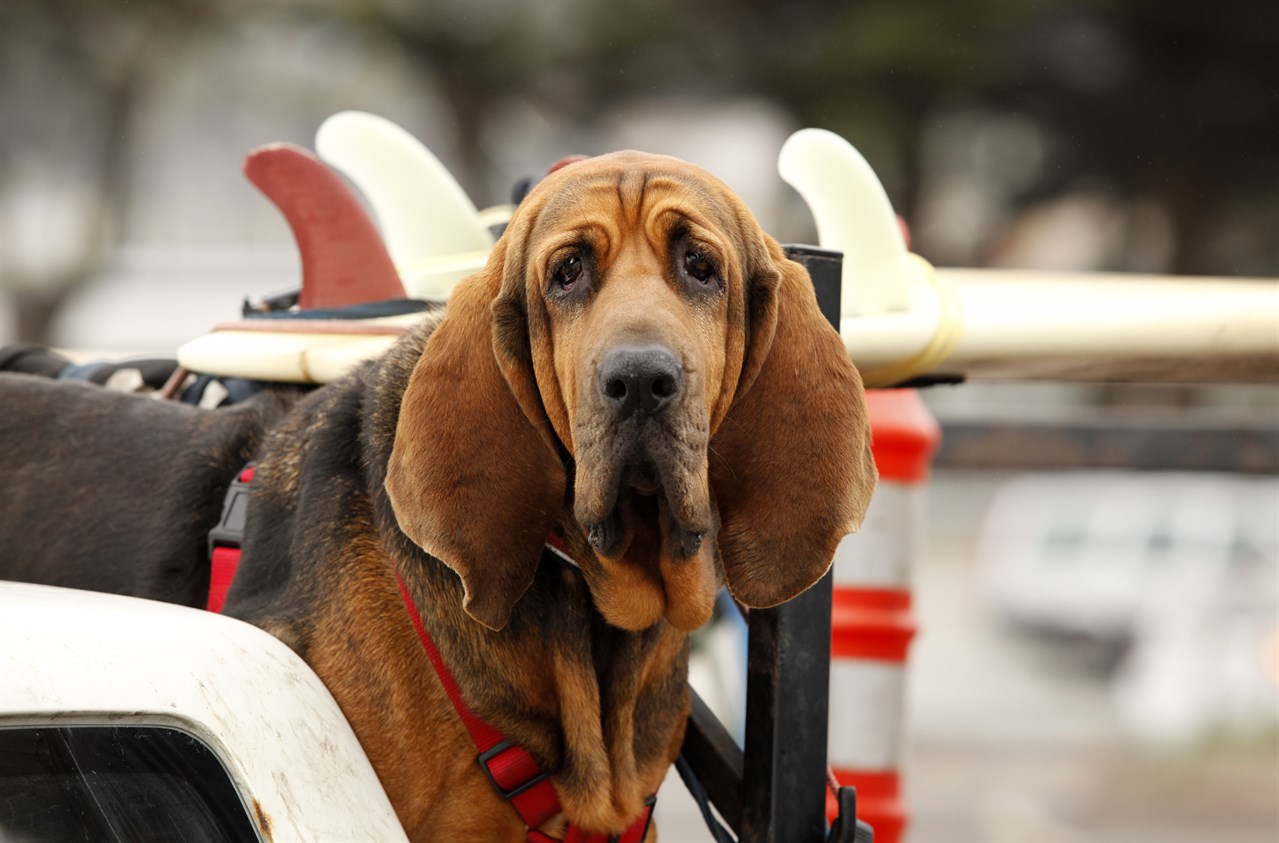Disadvantages of owning a Bloodhound

Owning a Bloodhound can be a rewarding experience, but like any breed, there are downsides and disadvantages to consider before bringing one into your home. It's essential to be aware of these potential challenges to make an informed decision about whether a Bloodhound is the right dog for you.
- Drooling: Bloodhounds are notorious for their excessive drooling. This can lead to messy floors, walls, and furniture. If you're averse to slobber, a Bloodhound may not be the best choice.
- Shedding: While they have a short coat, Bloodhounds do shed moderately year-round. Regular brushing can help manage shedding, but be prepared for some hair on your clothes and furniture.
- Size: Bloodhounds are large dogs, which means they require ample space both indoors and outdoors. Their size can be intimidating to some, and they may unintentionally knock over small children or objects with their wagging tails.
- Grooming: Bloodhounds have specific grooming needs, including cleaning their wrinkles and ears regularly. Neglecting these tasks can lead to skin problems or infections.
- Health Issues: Bloodhounds are prone to certain health issues, including bloat, hip and elbow dysplasia, ear infections, and skin fold infections. Veterinary care and potential medical expenses should be factored into your budget.
- Stubbornness: Bloodhounds can be stubborn and independent, which can make training challenging. Patience and consistency are required to achieve desired behaviors.
- Exercise Needs: While they are not highly active dogs, Bloodhounds still need regular exercise to stay healthy. If you're looking for a very low-energy breed, a Bloodhound may not be the best fit.
- Sensitivity to Weather: Bloodhounds are sensitive to extreme heat and cold due to their short coat and loose skin. They should be kept in a climate-controlled environment during extreme weather conditions.
- Short Lifespan: Bloodhounds have a relatively short lifespan, typically around 7 to 10 years. This can be emotionally challenging for owners who become deeply attached to their pets.
- Scent Drive: Their incredible scenting abilities can lead to distractions during walks or difficulty keeping them on a leash when they catch an interesting scent.
In conclusion, while Bloodhounds make loving and loyal companions, there are several downsides and disadvantages to ownership that potential owners should be aware of. These include drooling, shedding, grooming needs, health concerns, stubbornness, and size considerations. It's essential to carefully consider these factors and assess whether you are prepared for the responsibilities and challenges that come with owning a Bloodhound. If you are willing to invest the time and effort required to meet their needs, a Bloodhound can be a wonderful addition to your family.
Bloodhound puppies for sale
- Find Bloodhound puppies for sale in ACT
- Find Bloodhound puppies for sale in NSW
- Find Bloodhound puppies for sale in NT
- Find Bloodhound puppies for sale in QLD
- Find Bloodhound puppies for sale in SA
- Find Bloodhound puppies for sale in TAS
- Find Bloodhound puppies for sale in VIC
- Find Bloodhound puppies for sale in WA